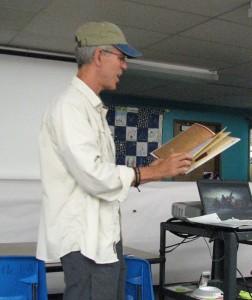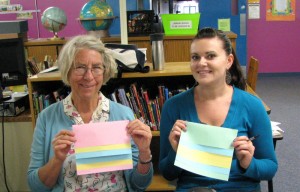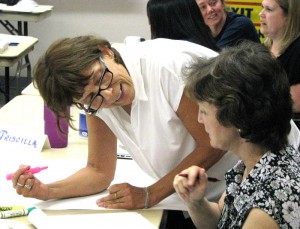Say what you will about the Common Core Standards, but they do shine the light on nonfiction in general and on argument writing in particular. Those are good things, in my opinion. After all, most of what people read and write in the real-world is nonfiction. And argument? Heck, that’s what our country was founded on, and the skills of developing and responding to arguments are essential to an active and enlightened citizenry.
Let it begin early, I say, and it does – in kindergarten with opinions. The standard increases in complexity over the years, adding reasons, facts, and evidence. I am encouraged about this and what effect it may have on all of our lives, especially in the realm of politics and elections. Maybe there will be more thinking – real thinking – in the future, and with it, more informed dialogue and decision-making.
The word “argument” does have some negative connotations, though, perpetuated through the many talk shows in which the host or guests shout, berate, or talk over people with opposing viewpoints. That appears to be the norm these days: verbal violence. Not everywhere, thankfully. I watched a segment on the News Hour last night about the issue of voting rights in North Carolina. Two men argued their views and both made good points, based on evidence as well as opinion. The dialogue was passionate, but it was civilized. This is what I hope will be the result of a systemic focus on argument: informed and civilized debate.
The Common Core tells us the what but not the how. This is a good thing also. Teachers are smart as well as creative, and I am confident they will find the best ways to address the standards while meeting the needs of their students. This is not a time for scripted, “teacher-proof” materials to fill the instruction gap left by the C.C. This is a time for teachers to collaborate and showcase their teaching expertise.
Yesterday I had the pleasure of working with some dedicated local teachers at the Oregon Writing Project in Eugene. We talked about the Common Core, explored argument writing, and shared mentor texts. I left, excited at the prospects of these educators teaching argument writing in their classrooms and impressed to have witnessed teachers – especially veteran teachers – taking personal time to improve their skills. Good job, all, and good job Peggy Marconi of the Oregon Writing Project for making the opportunity available.











